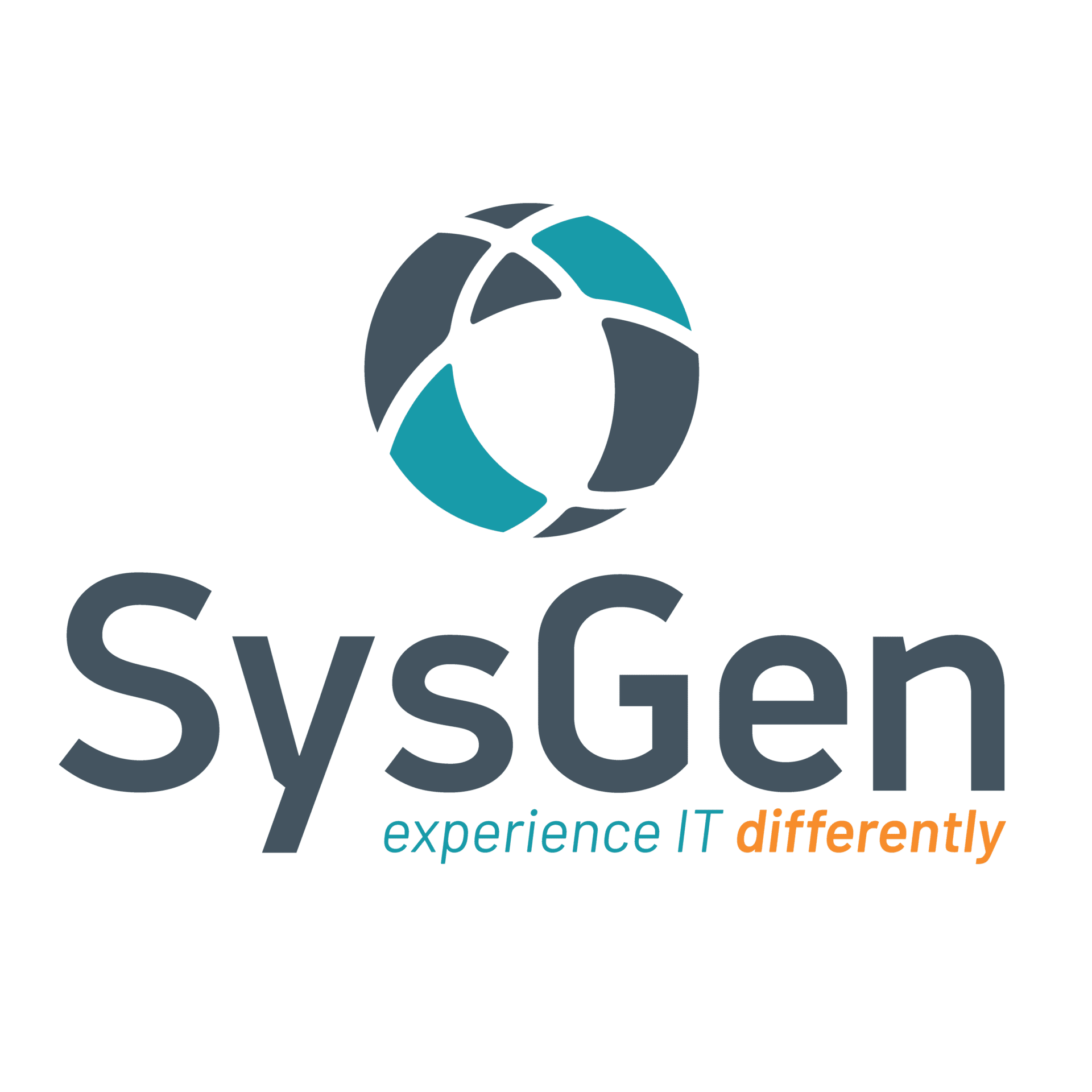Artificial Intelligence (AI) has been a game-changer for businesses of all sizes. However, small to medium-sized businesses (SMBs) are more likely to face unique challenges in implementing AI in their environment effectively. With new AI tools such as Microsoft Copilot and ChatGPT, SMBs can use them to enhance productivity, improve customer interactions, and streamline operations. Before businesses start using AI tools for their work environment, business owners need to establish a strong AI governance framework to reap the benefits of AI tools and minimize risks. In this article, we will delve into understanding AI governance, the implementation process, and how businesses can safely integrate AI tools to enhance work productivity and operations.
AI Governance for SMBs
The concept of AI governance refers to policies, frameworks, and best practices that can guide users to use AI tools ethically, securely, and effectively within a business. For SMBs, AI governance helps ensure that AI-driven solutions can align with business goals, comply with rules and regulations, and minimize risks such as data security breaches, bias, and potential misinformation. According to a 2023 report by McKinsey, businesses that implement strong AI governance frameworks experience up to 40% fewer compliance issues and significantly higher operational efficiency. Therefore, here are some key aspects of AI governance within a business:
- Accountability: Defining ownership and responsibility for AI implementations.
- Compliance: Adhering to industry regulations and local data privacy laws, such as the Personal Information Protection and Electronic Documents Act (PIPEDA)
- Transparency: Ensuring AI decisions are explainable, and not operating as a ‘black box.’
- Security: Safeguarding business and customer data from unauthorized access and potential breaches.
- Ethical AI Use: Ensuring fairness in AI-generated decisions and mitigating biases, and upholding corporate social responsibility.
Table of Contents
What Is AI Governance and Why Does It Matter for SMBs?
Plenty of Canadian SMBs have started leveraging AI tools such as Microsoft Copilot and ChatGPT regularly. Some users use them to automate workflows, assist in content generation, and help with decision-making within the business. While using AI tools for day-to-day operations can be helpful, businesses need to establish structured AI governance strategies to fully benefit from the tools. Here are some elements for businesses to consider to get started:
Establish AI Usage Policies
Business leaders need to define clear guidelines on how AI tools should be used within their organizations. This includes:
- Acceptable use cases: Guidelines on content generation, customer service automation, workflow optimization, and sales analysis.
- Prohibited use cases: Handling sensitive customer data, generating legal documents without human oversight, or replacing human decision-making in critical business processes.
- Approval and review processes: Human validation is mandatory before any AI-generated content is released to the public.
Data Security and Compliance
What a lot of people don’t know is that AI tools often process immense amounts of data, and this makes data security a top concern. A recent IBM study found that businesses with strong AI data security measures reduced the risk of cyber incidents by up to 52% compared to those without structured governance. Therefore, it’s imperative to take out personal information, business details and classified data before using the AI tools. Businesses should do the following:
- Implement role-based access controls to limit AI access to authorized personnel.
- Ensure AI interactions comply with Canadian PIPEDA and other relevant regulations.
- Regularly audit AI-generated content for compliance and accuracy.
- Encrypt sensitive data used by AI tools to prevent breaches.
Training Employees on AI Tools and Cybersecurity
Before any new tools or software are introduced to the workplace environment, education is key. A study by Garner predicts that by 2026, 60% of businesses using AI will require mandatory AI literacy training for employees to ensure responsible usage of AI tools. To maximize the adoption of AI tools in the business, leaders must educate employees on the following:
- The capabilities and limitations of AI tools for the business.
- How to critically review AI-generated outputs to ensure accuracy and avoid plagiarism.
- Recognizing and mitigating biases in AI-generated content – the human eye is still critical.
- Cybersecurity best practices related to AI use, especially when using work devices and technology.
Key Business Areas Benefiting from AI Tools
When strategically integrated into the business, AI tools can significantly improve business processes, including increasing efficiency and boosting productivity. There are plenty of ways for businesses to enhance daily operations using AI tools, particularly in the following departments:
- Customer service/account management: ChatGPT-powered chatbots can easily handle common inquiries and questions, and this helps reduce response times and allows the staff to tackle complex issues voiced by the customers.
- Marketing and communications: AI tools allow the automation of social media posts, content writing, email responses, and even digital advertising campaigns. Scheduling tools and social media captions can easily be obtained with the help of Microsoft Copilot and ChatGPT.
- Project management: Project Managers can leverage AI tools to summarize meetings, suggest task and deadline priorities, generate reports, and automate workflows.
- Business development: Sales professionals can use AI to generate personal email outreach efforts, perform sales analysis, and provide actionable insights for optimum customer engagement.
- Human resources: HR experts can use AI tools to automate resume screening, employee surveys and performance analysis to streamline HR operations.
Continuous Monitoring and Improvement
As AI tools continuously evolve, setting up an AI governance policy is not a one-time occurrence. Businesses should regularly review AI-generated content for quality, compliance, and business relevance. Furthermore, the leadership team must update governance policies, as new AI capabilities and regulations may continue to emerge. Collecting feedback from employees and customers is also critical to refining AI-use cases and guaranteeing that alignment with business goals remains. Finally, audits are a must to ensure AI-driven processes remain effective and minimize cybersecurity risks.
Starting Your AI Governance Journey with IT MSPs
While AI governance is essential for SMBs to optimize the usage of AI tools in their businesses, it can get overwhelming to even begin. Some businesses may not need AI tools in their day-to-day operations, or only a minimal amount. Anything too much can be a security risk and a potential threat to the classified business data. Connecting with local IT experts can be a good first step to AI governance, to ensure that your business environment is assessed accordingly. IT MSPs can help with the initial assessment, assist in implementing clear policies within the business, and ensure data security, employee training and optimization of AI integration continue. AI tools will continue to advance, so staying ahead with an optimum strategy and structured governance will position businesses for success. With strong AI governance, business owners and their employees can confidently and safely leverage AI tools to optimize productivity, increase revenue growth, and stand out in the market.



